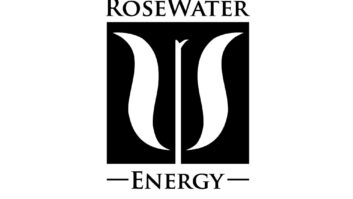Washington
– A recent national survey measuring the brand strength of the government’s
Energy Star program has found high levels of brand awareness and challenges
ahead in selling environmental issues to American consumers.
The 7
th
EcoPinion study, which was conducted by
EcoAlign, a strategic marketing agency focused on energy and the environment,
found growing awareness to Energy Star’s goals but warned that “there is also a
danger of diluting the brand and creating customer confusion by introducing new
derivative programs such as Home Star, which is now coming to market.”
The study found that 71 percent of Americans were either
extremely or somewhat aware of Energy Star and 82 percent said that the brand
is either extremely important or important.
“The Energy Star brand remains strong, but it may be losing a bit
of its edge,” stated Jamie Wimberly, EcoAlign’s CEO. “There may be issues of
differentiation and dilution in an increasingly crowded market focused on
energy efficiency, energy savings and environmental messaging.”
The report also showed Energy Star is being important with
consumers as a functional brand, meaning consumers associate its benefits as a
function of measuring product efficiency and savings, rather than making any
deeper connections to consumer values.
Energy Star is also becoming more important with aging consumers,
with the importance levels for buying Energy Star household goods and or
appliances showing a 15 percent gap between younger Americans (age 18 to 34)
and older Americans (55 and older).
Women rated highly as a key demographic with the brand. Women are
more attuned to the efficiency value of Energy Star than are men, are more
likely to recommend it, and will share information with friends and family
about their Energy Star purchases.
However, consumers do not make a strong link between Energy Star
and protecting the environment, the report said. “Very few Americans (4
percent) buy Energy Star products purely out of altruistic motivations to
protect the environment.”
“It is clear that the brand needs to evolve, with over 90 percent
of Americans surveyed being very supportive of a tiered approach, e.g., a gold star,
to labeling higher energy-efficiency savings,” said Andrea Fabbri, EcoAlign’s chief
marketing officer. “However, there is also a danger of diluting the brand and
creating customer confusion with the derivative programs such as Home Star now
coming to market.”
A copy of the full
EcoPinion report is available at no charge by visiting
.











